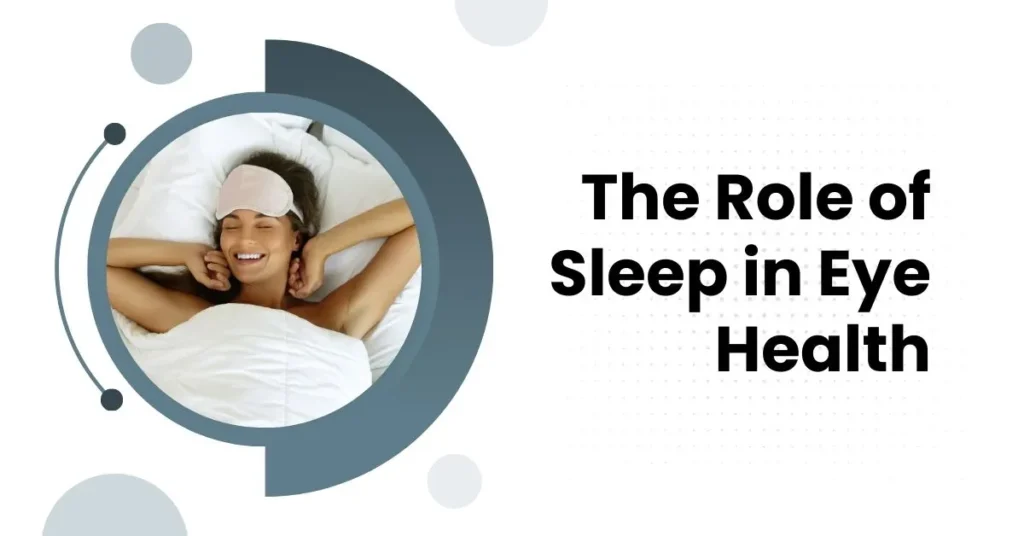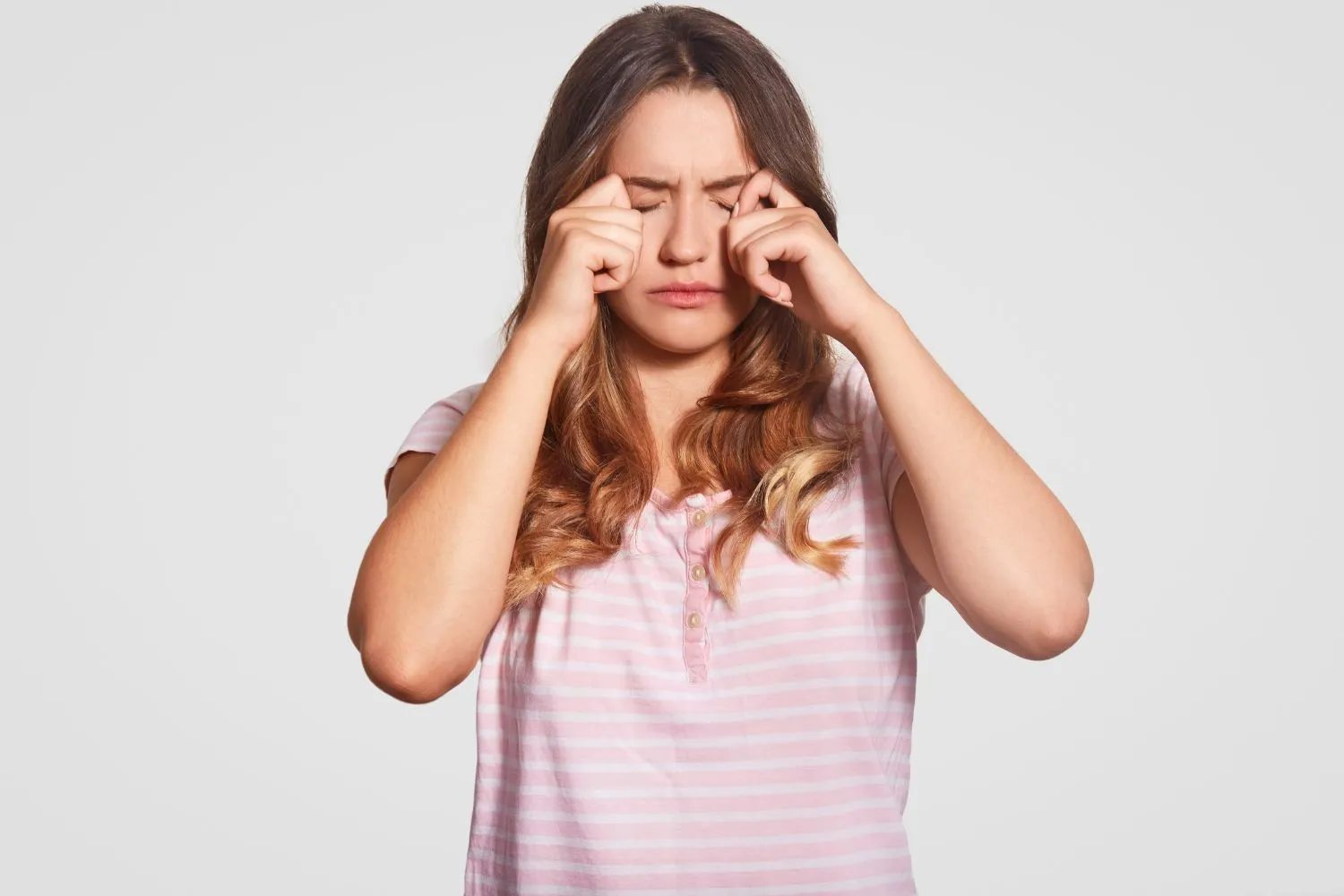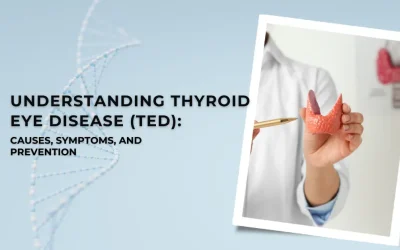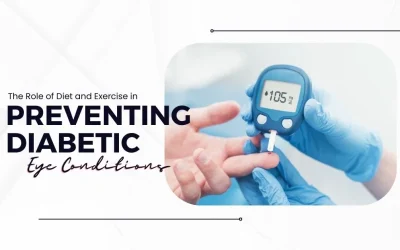The Role of Sleep in Eye Health

We all know a good night’s sleep is essential for our overall well-being, but did you know it plays a crucial role in maintaining healthy eyes? Sleep deprivation can negatively impact eye health in numerous ways.
How Sleep Benefits Your Eyes
- Lubrication and Hydration: During sleep, your eyes produce tears that help lubricate and hydrate them, preventing dryness and irritation. Insufficient sleep can lead to dry eyes, which causes discomfort, blurry vision, and even damage to the cornea.
- Reduced Eye Strain: When awake, your eyes work hard, focusing on various objects and adjusting to different lighting conditions. Sleep gives your eye muscles a much-needed rest, relieving strain and tension. This is particularly important for those who spend long hours looking at screens, as it can help prevent digital eye strain.
- Cellular Repair and Detoxification: Sleep allows your body to repair and regenerate cells, including those in your eyes. It also helps flush out toxins that can accumulate throughout the day, promoting healthier eye tissues.
- Healthy Blood Flow: During sleep, blood flow to the eyes increases, delivering essential nutrients and oxygen while removing waste products. This process is vital for maintaining the health of the optic nerve and other eye structures.
- Prevention of Eye Diseases: Chronic sleep deprivation has been linked to an increased risk of developing certain eye conditions, such as glaucoma, a leading cause of blindness. Getting enough sleep can help protect your eyes from such risks.

Signs of Sleep Deprivation Affecting Your Eyes
- Dryness, itching, or burning in the eyes
- Blurry vision
- Eye twitching
- Sensitivity to light
- Difficulty focusing
Tips for Better Sleep and Eye Health
- Establish a consistent sleep schedule: Go to bed and wake up at the same time each day, even on weekends.
- Create a relaxing bedtime routine: Avoid screens for at least an hour before bed, take a warm bath, read a book, or listen to calming music.
- Make your bedroom sleep-friendly: Ensure it’s dark, quiet, and cool.
- Limit caffeine and alcohol intake before bed: These substances can disrupt your sleep.
- Prioritize sleep: Make it a non-negotiable part of your daily routine.

Conclusion
Your eyes are precious, and adequate sleep is crucial for your health and well-being. By making sleep a priority and adopting healthy sleep habits, you can protect your vision and enjoy clear, comfortable eyesight for years to come. If you experience persistent eye problems or have concerns about your sleep, consult with an eye doctor or sleep specialist for proper diagnosis and treatment.
Book your appointment now for all eye-related services.
Your Vision Our Focus


